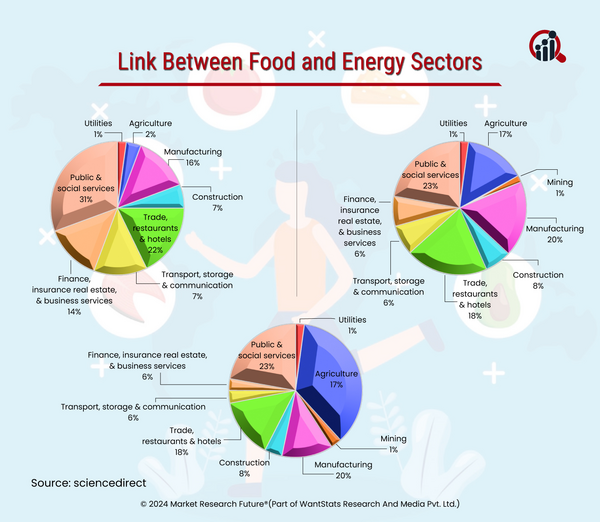Clean Energy Transition Affects Food Sector in 2024
The clean energy transition affects most of the sectors in the market. The transformation towards sustainability will impact the food and energy sectors in 2024. The food sector faces several problems, such as inflationary issues and instability in food commodities. Climate change is one of the leading causes of these uncertainties in the food sector. Hence, studies prove that food prices and climate change are interlinked.At the beginning of 2024, the price index was at 119.1 points in April, up from March 2024 by 0.3 percent. The price index varies due to changes in prices of vegetable oil and meat, but the food price index of April 2024 is still less than April 2023 by 7.4 percent. The clean energy transition depicts many changes that need to be initiated in the energy market. Hence, the production of renewables, such as biofuels, is required to meet the increasing demand of renewables for green transformation. The production of biofuel drives the prices of corn, soybean, sugarcane, and others, as these are significant sources of biofuel production. Apart from biofuels, the availability of land and disturbances in the supply chain will affect the food sector heavily in 2024. Land availability persists due to the many fields required to produce renewables, such as wind and solar energy. It shows that fields would be necessary to produce renewables that may impact crop production in some areas. Simultaneously, supply chain disruptions in the food sector cause a hike in food prices and lead to uncertainties.
According to surveys in 2024, the food sector will experience specific changes in the light of the clean energy transition. Sustainability has pros and cons that can impact the food sector in the future. The clean energy transition can cause an increase in food prices and can create new market opportunities for farmers.





